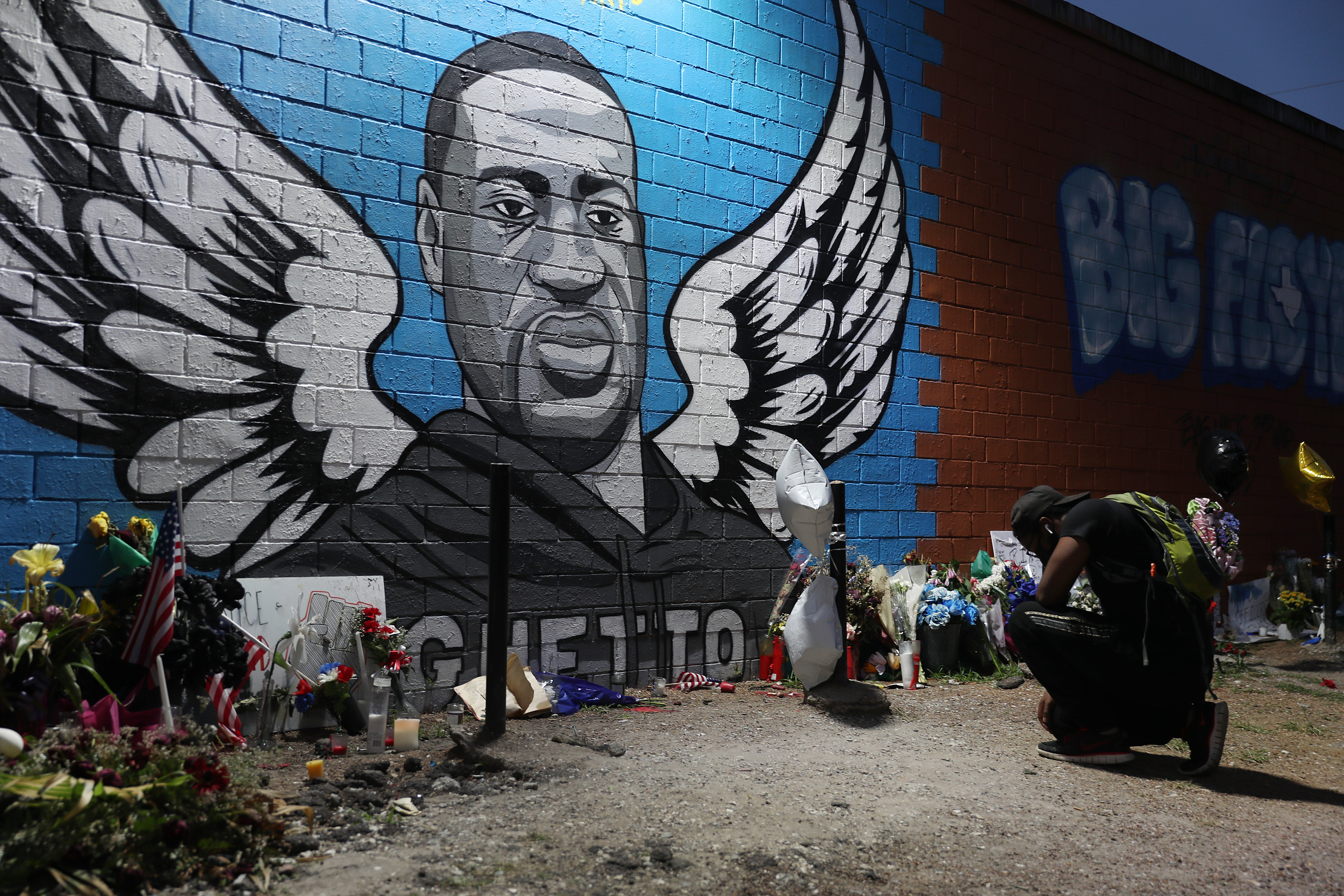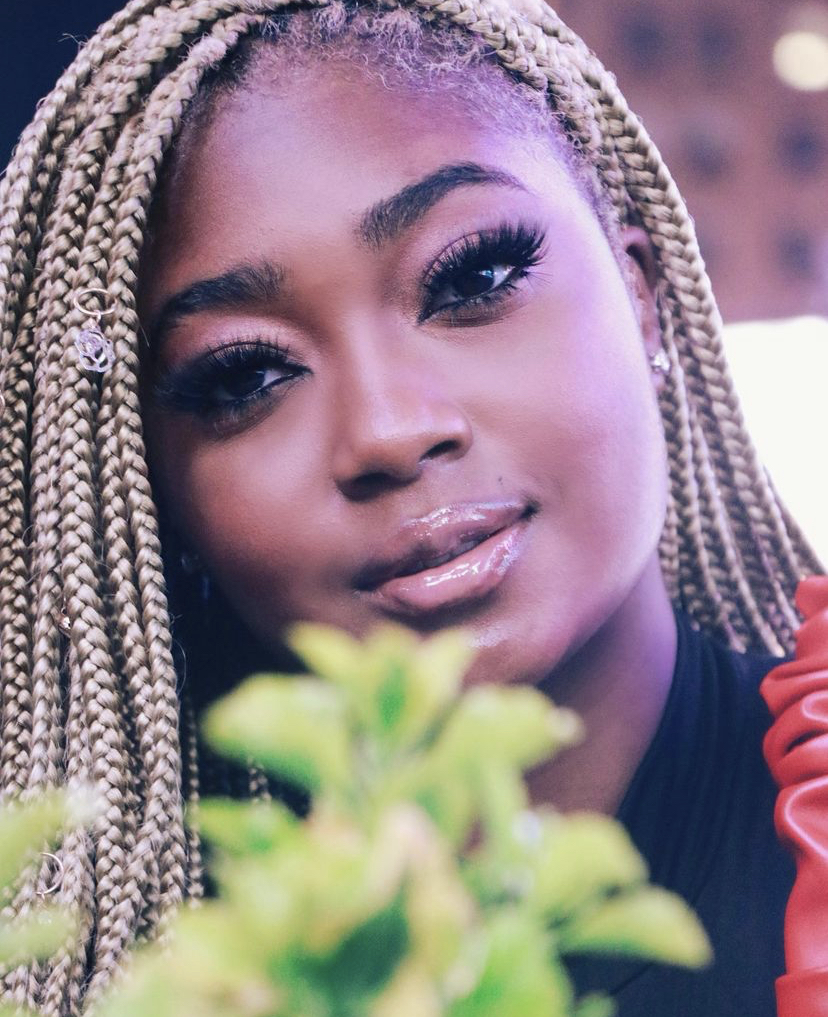

On May 25, 2020, Minneapolis police officers arrested a 46-year-old Black man, George Floyd, for passing a counterfeit $20 bill. Derek Chauvin knelt on Floyd’s neck for nine minutes 29 seconds, leaving him unconscious on Minneapolis Street, just seventeen minutes after the first squad car arrived. As the video of his death circulated on social media, the nation protested with summer-long protests calling for the dismantling of oppressive police power at the state and federal level. Despite how the viral video galvanized the globe and etched Mr. Floyd’s legacy onto the front of a movement, behind the camera was a then 17-year-old Black girl who is still recovering from witnessing the fatal events. Darnella Frazier, now 18, reflects on how equally transformative and traumatizing the past year has been for her life.
“A year ago, today I witnessed a murder. The victim’s name was George Floyd. Although this wasn’t the first time I’ve seen a Black man get killed at the hands of the police, this is the first time I witnessed it happen in front of me,” Frazier wrote in a Facebook post on Tuesday, May 25, a year to the date of Floyd’s death. On that day a year ago, Frazier was walking her 9-year-old cousin to the store, unaware that she would later offer a moving testimony in Derek Chauvin’s trial for murder. Lamenting the anxiety Black people shoulder in their strained relationship with law enforcement, she continued, “It changed how I viewed life. It made me realize how dangerous it is to be Black in America. We shouldn’t have to walk on eggshells around police officers, the same people that are supposed to protect and serve.” Frazier revealed how the video forced her to grow up and left her grappling with a new startling reality — a unanimous experience of young Black bystanders. From reporters at her door every day and hotel hopping for her safety to night terrors and anxiety attacks, she recounted how she is encumbered by an inescapable trauma. “I am 18 now and I still hold the weight and trauma of what I witnessed a year ago. It’s a little easier now, but I’m not who I used to be.”
Frazier clarifies that behind the overwhelming publicity that hails her as a hero she is just a “girl trying to heal from something I am reminded of every day.” She added: “My video didn’t save George Floyd, but it put his murderer away and off the streets.” George Floyd has undoubtedly been cemented as a fixture in a global awakening to the structural racism that lay within police systems, but Frazier remembers his humanity. “He was a loved one, someone’s son, someone’s father, someone’s brother, and someone’s friend.” She continued, “I don’t think people understand how serious death …that person is never coming back.”














